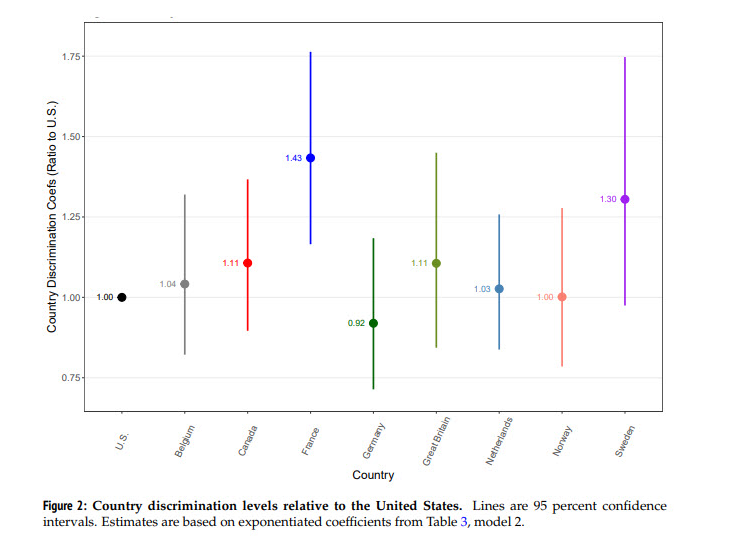On episode 105 of The HR Famous Podcast, long-time HR leaders (and friends) Madeline Laurano, Jessica Lee, and Tim Sackett come together to discuss work spouses, length of service awards, and the best new candle to buy as a gift!
Listen below and be sure to subscribe, rate, and review (iTunes) and follow (Spotify)!
2:00 – Tim’s headed on vacation to the Cayman Islands. Although it’ll be hot, he’ll be by the ocean!
5:00 – JLee loves these candles, and Tim sent a cheeky one to the crew.
7:20 – JLee asks Tim about his 2 work wives. They’ve been working with him for over 10 years and have been through a lot together. She wonders how he has work wives when he’s in charge of the company. 1
0:00 – Madeline said her work relationships have changed since she started her firm. Now, her work wives/husbands are other industry people, not people that work for and with her.
12:30 – Tim talks about someone who he worked for a long time with that left recently and how her leaving was a lot harder than he expected.
15:00 – JLee brings up the topic of “length of service” awards and how people want to be recognized. She asks the crew what we should be doing with these awards.
18:30 – Madeline did research in 2021 if they had received any recognition in that year for their work. She found that only ½ employees received a “thank you” in the first year of the pandemic.
21:30 – Tim likes the “points” system where you give out other recognition gifts and points to people you find doing a good job at the company.
24:00 – JLee notes a study where at their hotels, smaller gestures are more impactful and meaningful than really big events and “wows” that require a lot of time and work.
25:30 – Amazon color-coded their badges to reflect how long they’ve been at the company. JLee says that they got a lot of hate for this, but Tim says that he likes the idea.
30:00 – Tim mentions that when he’s doing recognition with his team, he tries to get them something they would never get for themselves and something that is really high quality. He thinks recognition gifts should be good quality regardless of price point.



